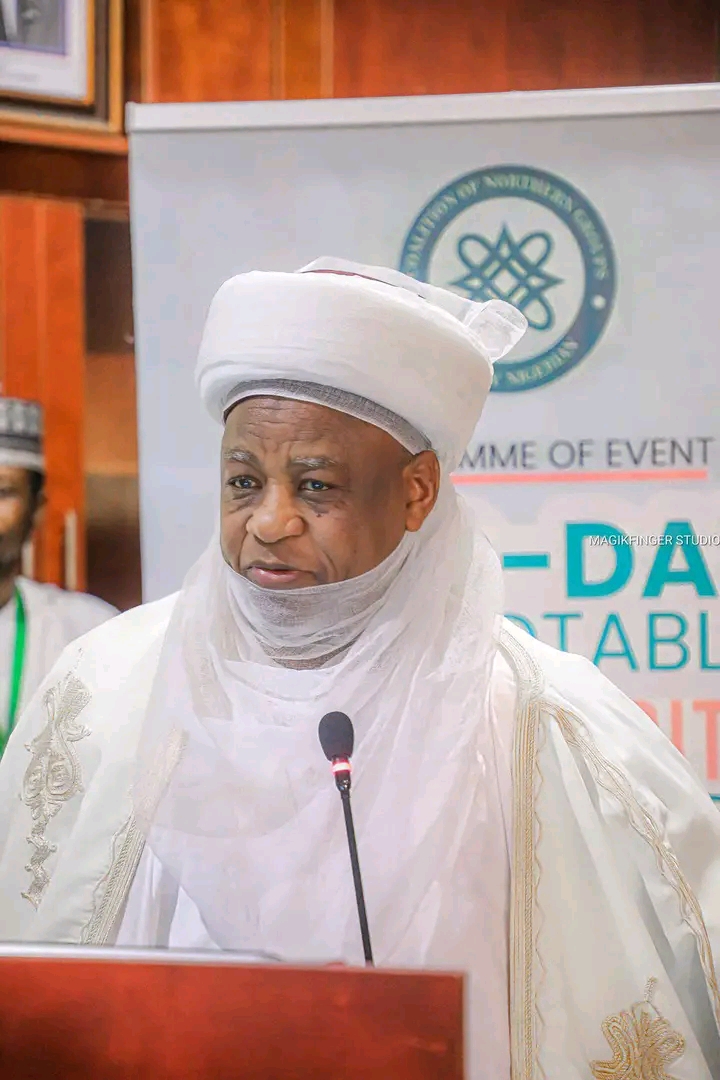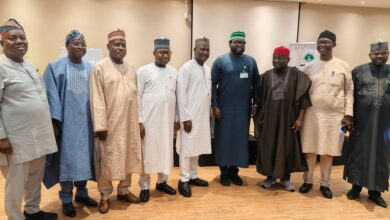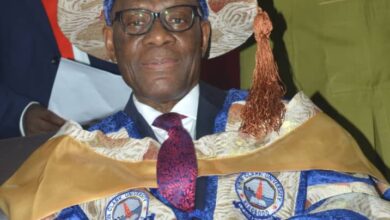THE SULTAN OF SOKOTO: Our Ameer in Ramadan and all Islamic orders

By Engr ABDULHAKEEM DEMOLA RAJI
In Nigeria, the Sultan of Sokoto holds a pivotal position as the spiritual leader of Muslims and the President-General of the Nigerian Supreme Council for Islamic Affairs (NSCIA). His leadership is not just symbolic but carries great responsibility in guiding the Muslim Ummah on critical religious matters, including the sighting of the moon for Ramadan, Eid celebrations, and the overall implementation of Islamic principles in the country.
1. Leadership in Moon Sighting and Ramadan Declarations
One of the most significant roles of the Sultan of Sokoto is announcing the beginning and end of Ramadan based on verified moon sightings. As Islam mandates that fasting commence and conclude with the sighting of the crescent moon, the Sultan coordinates with Islamic scholars, moon sighting committees, and relevant authorities to ensure that the process follows Islamic guidelines. His announcement is widely accepted by Nigerian Muslims, fostering unity in worship and practice.
2. Authority on Islamic Matters and Fatwas
As the recognized Ameer (leader) of Nigerian Muslims, the Sultan provides guidance on various Islamic rulings and practices. Whether it concerns fasting, Zakat distribution, Hajj coordination, or other religious obligations, his directives—issued through the NSCIA and other Islamic bodies—serve as a source of authority for scholars and the general Muslim population.
3. Promoting Unity Among Nigerian Muslims
In a country with diverse ethnic and cultural backgrounds, the Sultan plays a vital role in maintaining unity among Muslims. His leadership extends beyond religious affairs into advocacy for peace, justice, and social welfare. By providing a common voice for Nigerian Muslims, he ensures that Islamic teachings are upheld in governance, interfaith relations, and societal progress.
4. Guidance in Times of Crisis
Whenever challenges arise, whether they are socio-political, economic, or related to religious misunderstandings, the Sultan intervenes to provide solutions rooted in Islamic teachings. His position as a mediator and an ambassador for Islam helps to protect the rights of Muslims while fostering peaceful coexistence with other religious groups.
Conclusion
The Sultan of Sokoto remains the Ameer of Nigerian Muslims, and his leadership in Ramadan and other Islamic affairs is essential for maintaining religious order and unity. By following his guidance, the Muslim Ummah in Nigeria ensures that their religious practices align with Islamic principles while also fostering peace and brotherhood within the country.
May Allah continue to strengthen his leadership and grant the Ummah guidance in all matters of faith.
*Al Imam Engr Abdulhakeem Demola Raji MNSE MNIEEE is the Grand Chief Imam of Sepeteri Land, Oke Ogun, Oyo State








